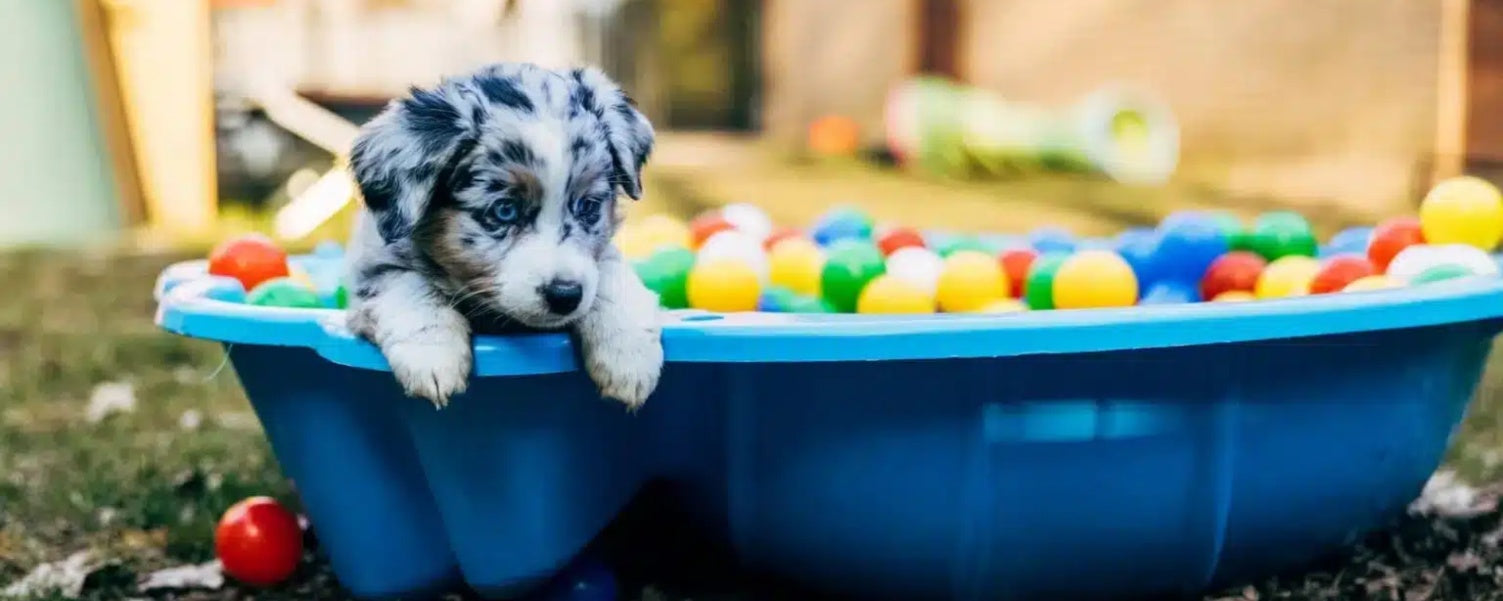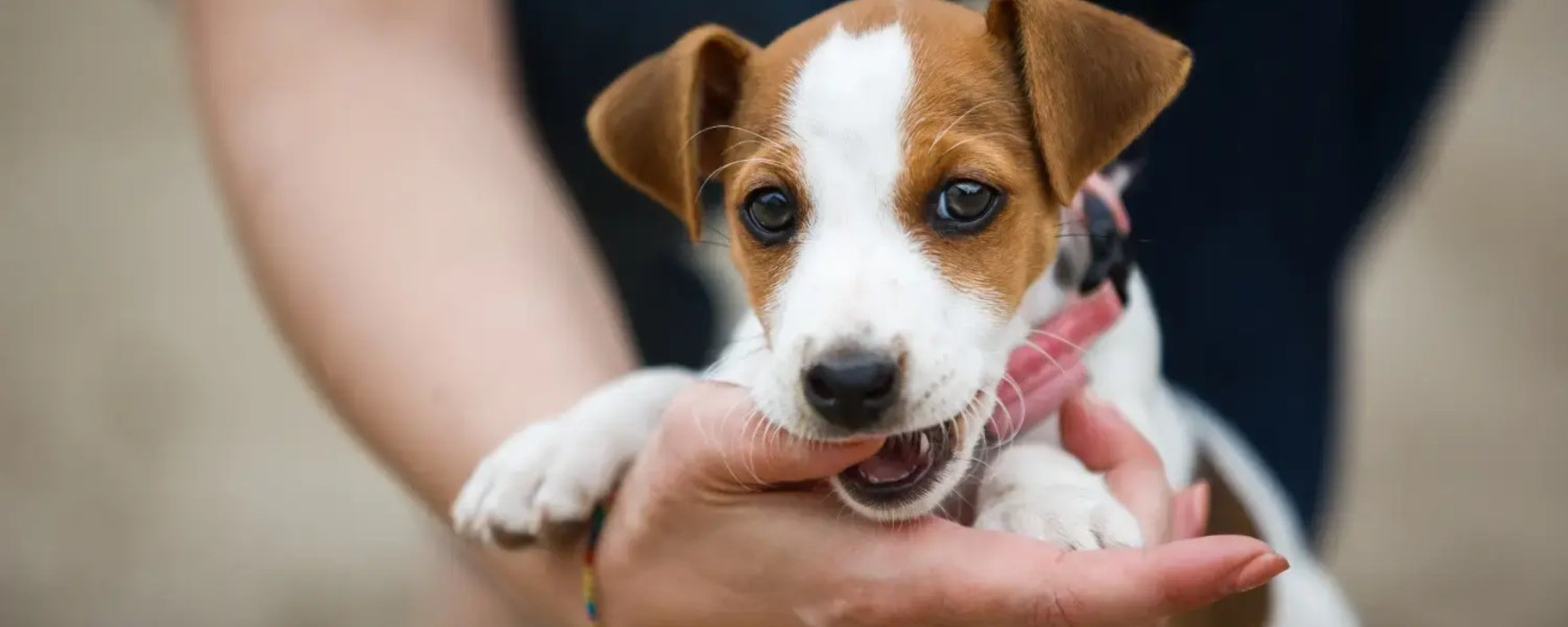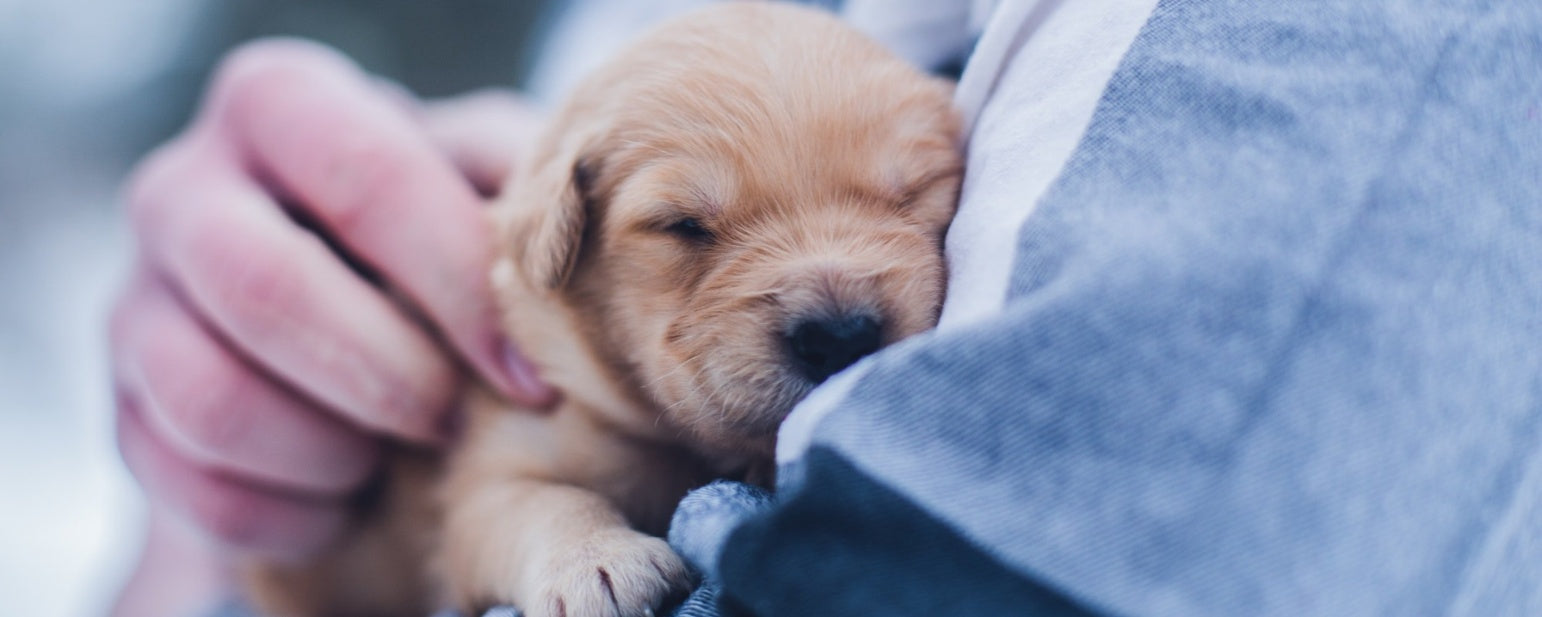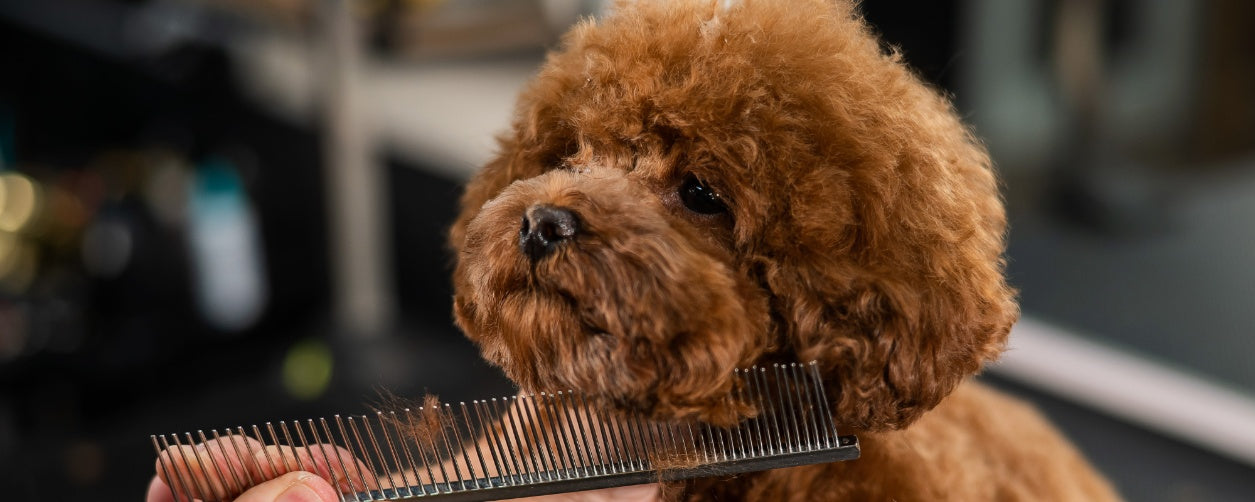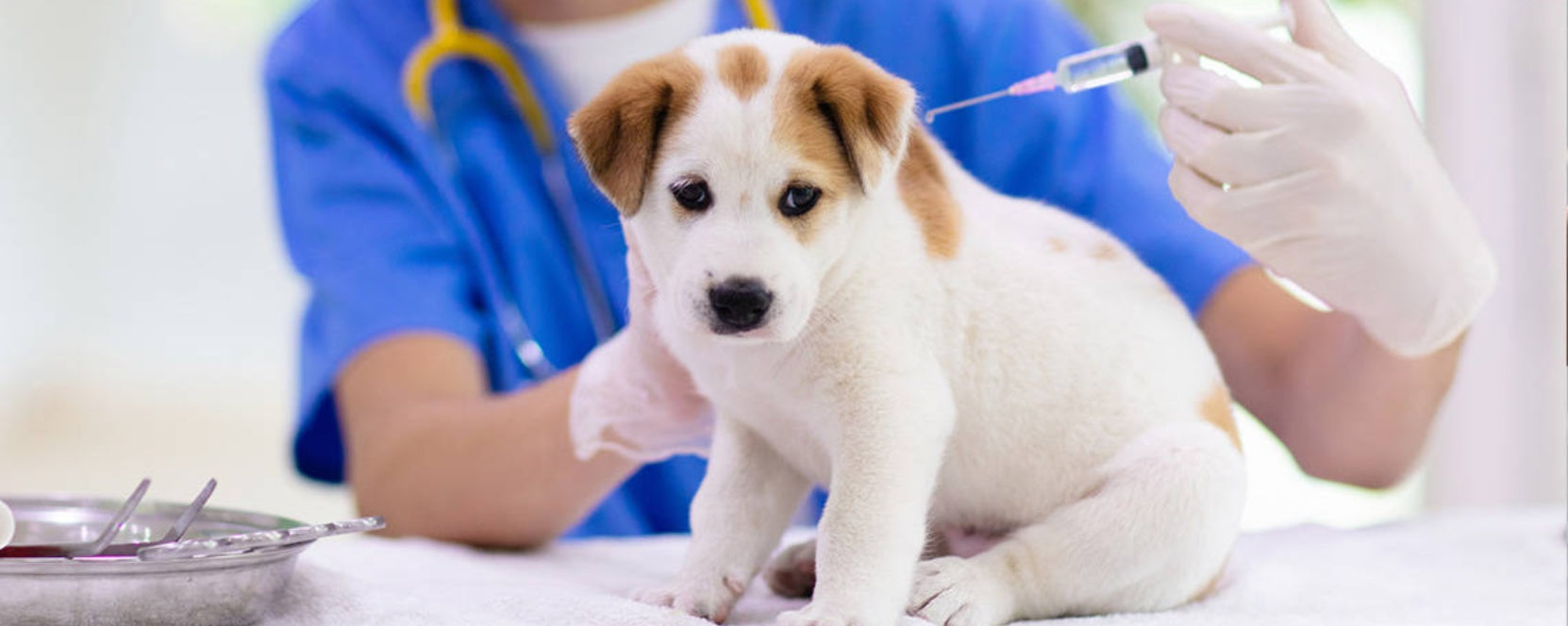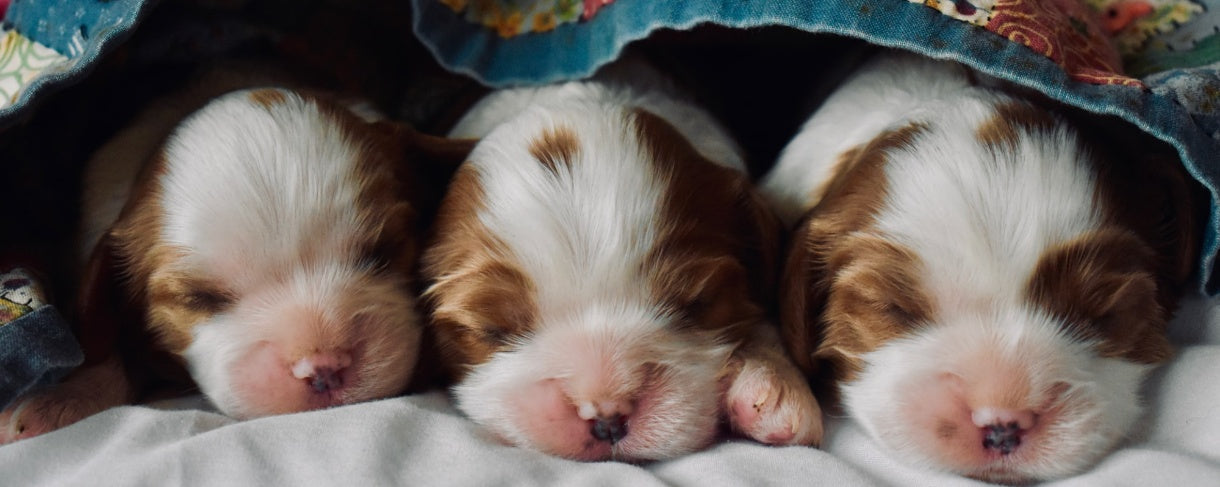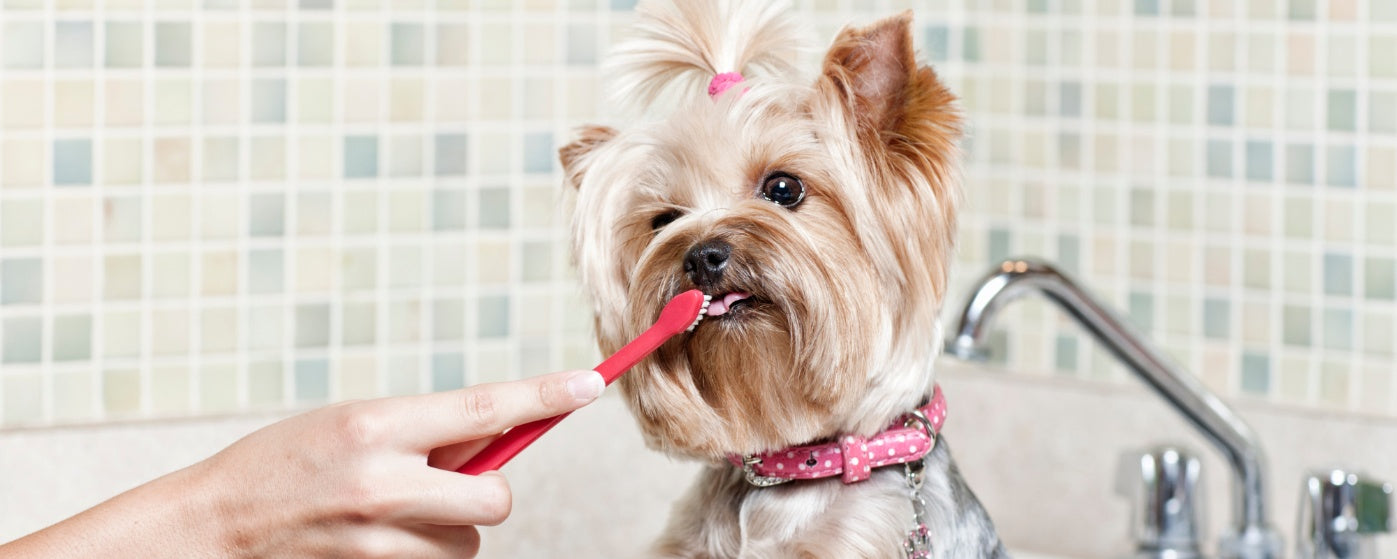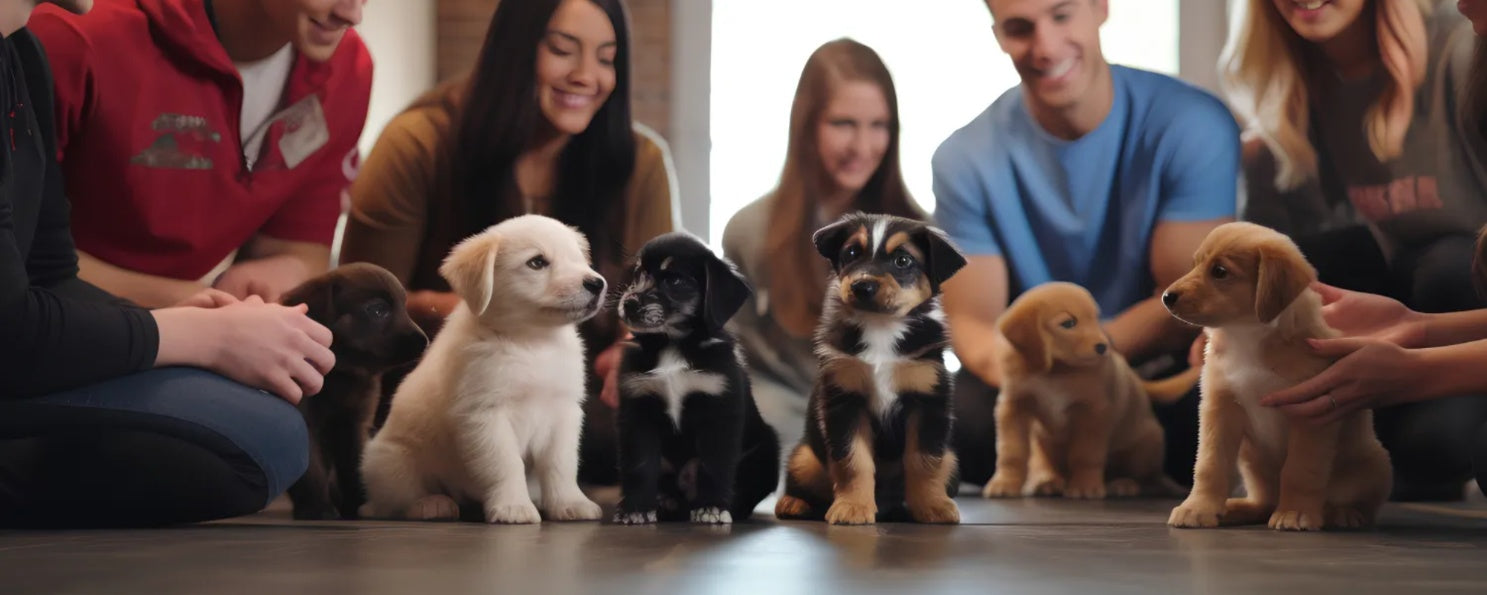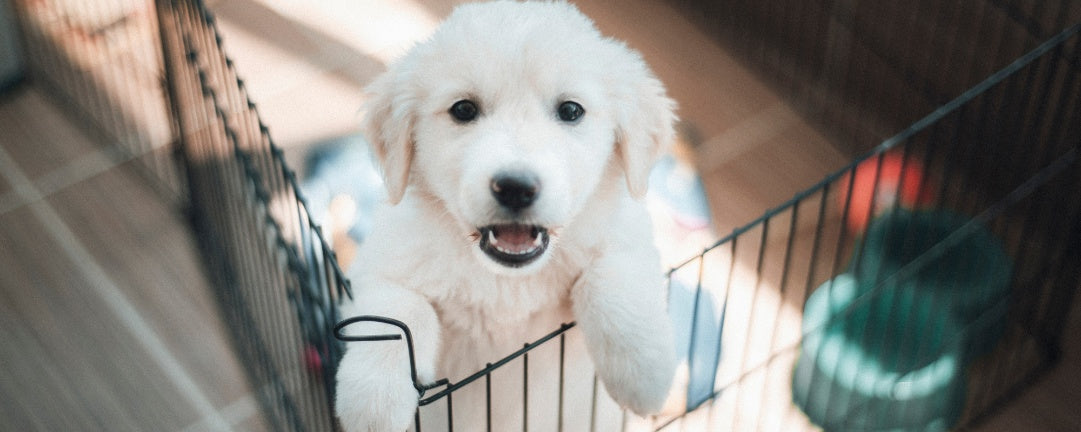Puppies are full of energy and curiosity, making playtime an essential part of their development. Engaging them in the right activities not only strengthens your bond but also improves their mental health, mood, and behavior. Play is more than just entertainment—it’s an opportunity to stimulate their intelligence, build confidence, and release pent-up energy. Puppies need mental and physical stimulation to prevent boredom and destructive behaviors. By introducing engaging games into their routine, you ensure they grow into well-adjusted, happy dogs.
1. Hide and Seek
Hide and seek is a classic game that’s as enjoyable for puppies as it is for children. It encourages problem-solving and reinforces commands like “wait” and “find.” Start by commanding your puppy to sit and stay while you hide in a nearby room. Once hidden, call their name and let them sniff you out. You can also hide their favorite toy or treat to add variety to the game.
This game boosts your puppy’s confidence and strengthens their tracking and scent recognition skills. Puppies rely on their natural instincts to locate you or the hidden object, which keeps their brain sharp and engaged. It’s also an excellent way to teach recall, ensuring your puppy comes when called. As they master the game, increase the difficulty by hiding in more challenging locations. Always reward their success with praise, treats, or a quick play session. Hide and seek provides both physical exercise and mental stimulation, making it a fantastic all-round activity for puppies.
2. The Muffin Tin Puzzle
This simple DIY brain game is perfect for stimulating your puppy’s problem-solving skills. To play, place treats in the cups of a muffin tin and cover each treat with a tennis ball. Your puppy will need to figure out how to remove the balls to access the rewards underneath.
This game is both mentally and physically engaging. It taps into your puppy’s natural curiosity and problem-solving abilities while satisfying their love for treats. Puppies learn to use their nose and paws to manipulate objects, which enhances their coordination and focus. The muffin tin puzzle also teaches patience and persistence, as puppies must work through trial and error to retrieve their rewards. It’s an easy-to-set-up activity that’s ideal for rainy days or indoor play. As your puppy becomes more skilled, you can increase the challenge by using different-sized balls or adding more layers to hide the treats.
3. Treasure Hunt
A treasure hunt taps into your puppy’s foraging instincts, keeping their brain engaged and senses sharp. Scatter small treats or kibble around your home or yard and encourage your puppy to sniff them out. Start with easier locations, like placing treats in plain sight, and gradually increase the difficulty by hiding them under furniture or behind objects.
This game mimics the natural hunting and foraging behaviors that dogs love. It’s an excellent way to build their scent detection skills while giving them a mental workout. For active puppies, it also serves as a great energy burner. Treasure hunts provide variety to their routine, which helps prevent boredom and keeps them mentally stimulated. To add a layer of complexity, try introducing verbal cues like “find it” to help them associate commands with the activity. Always supervise your puppy during treasure hunts to ensure they’re searching in safe areas and not eating anything harmful.
4. The Three Cups Game
This classic memory game is both fun and challenging for puppies. To play, place a treat under one of three cups and shuffle them around. Let your puppy sniff and figure out which cup hides the treat. It’s simple but highly effective in boosting cognitive skills.
The three cups game enhances your puppy’s memory, focus, and problem-solving abilities. It also teaches them to rely on their senses, particularly smell and sight. The game can be adjusted in difficulty depending on your puppy’s progress—start slow with minimal shuffling and gradually increase the speed as they become more confident. It’s a fantastic way to bond with your puppy while keeping their mind sharp. Make sure to reward them each time they find the correct cup to reinforce positive behavior and encourage further participation.
5. Learning New Tricks
Teaching your puppy new tricks, such as “sit,” “stay,” or “roll over,” is one of the best ways to engage their mind. Training sessions double as playtime, allowing you to work on obedience while keeping things fun. Use treats, toys, or verbal praise to motivate your puppy and maintain their enthusiasm.
Learning tricks stimulates your puppy’s brain by challenging them to focus, process commands, and respond appropriately. It’s also a great confidence booster, as puppies thrive on positive reinforcement and the sense of accomplishment that comes with mastering a new skill. Training strengthens your bond and creates a foundation for lifelong obedience. Keep training sessions short and engaging to hold their attention—5-10 minutes at a time is ideal for puppies. By making learning a game, you help your puppy develop essential skills while keeping them happy and stimulated.
6. Obstacle Course
Building a homemade obstacle course is a fun way to challenge your puppy’s agility and focus. Use items like chairs, cushions, or tunnels to create a course they can navigate. Guide them through the obstacles with treats or toys, rewarding their progress along the way.
Obstacle courses provide both physical and mental exercise, making them perfect for high-energy puppies. They also improve coordination and teach your puppy to follow cues as they maneuver through the course. Customizing the course allows you to cater to your puppy’s size and abilities, ensuring the activity is safe and enjoyable. As they master each challenge, introduce new obstacles or increase the complexity to keep the game exciting. This interactive activity is ideal for bonding and helps burn off excess energy in a productive way.
7. Food Puzzles and Interactive Toys
Food puzzles and interactive toys are excellent tools for keeping your puppy engaged. These toys require them to work for their treats by solving puzzles or manipulating objects. Popular options include treat-dispensing balls, sliding puzzle boards, and chewable toys with hidden compartments.
These toys combine mental stimulation with reward-driven motivation, keeping your puppy entertained for extended periods. They help prevent boredom, reduce anxiety, and redirect chewing behavior away from furniture or shoes. Food puzzles encourage problem-solving and patience, teaching your puppy to think critically to achieve their goal. They’re also a great way to slow down fast eaters, promoting healthier digestion. Always choose toys that are appropriate for your puppy’s size and chewing strength to ensure safety.
Conclusion
Playtime is more than just fun for your puppy—it’s a vital part of their mental and physical development. Games like hide and seek, treasure hunts, and food puzzles not only provide entertainment but also stimulate their brains, improve problem-solving skills, and build confidence. By incorporating these activities into your routine, you’re helping your puppy grow into a happy, well-adjusted companion.
Remember to choose games that match your puppy’s age, size, and abilities, and always supervise playtime to ensure safety. With a little creativity and effort, you can turn everyday moments into opportunities for growth and learning. Prioritize playtime as a key aspect of your puppy’s care, and you’ll both enjoy the benefits of a stronger bond and a healthier, happier pet.

